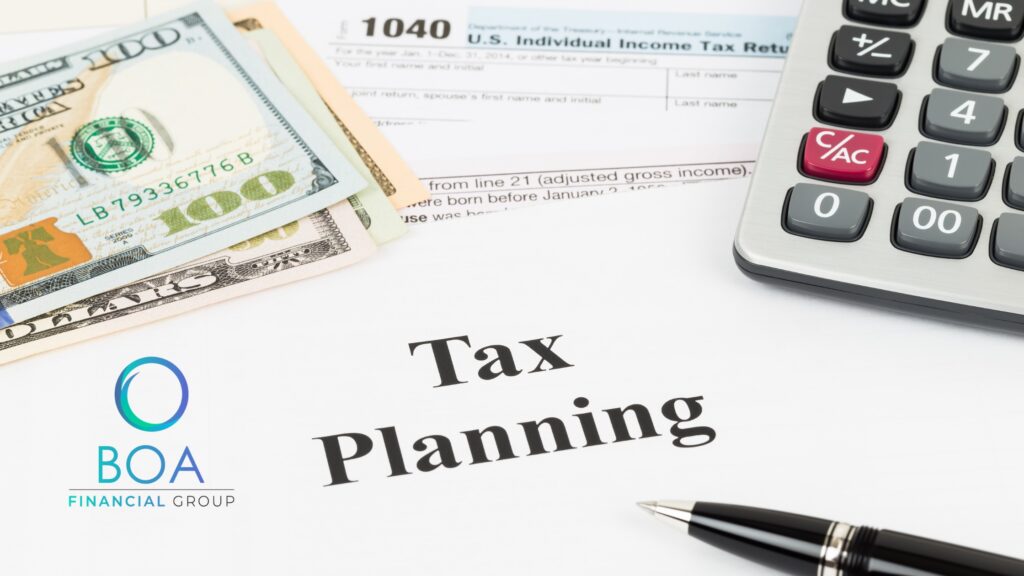Tax planning is a crucial aspect of financial management for small businesses. By employing effective tax planning strategies, businesses can optimize their deductions, minimize tax liabilities, and ultimately enhance their bottom line. In this article, we will delve into various tax planning techniques that small business owners can employ to make the most of their tax benefits.
- Understand Deductible Business Expenses:
One of the key components of tax planning is identifying and understanding deductible business expenses. By categorizing expenses correctly, small businesses can reduce their taxable income and lower their overall tax burden. Some common deductible expenses include:
a. Operating expenses: These include rent, utilities, office supplies, and employee salaries.
b. Marketing and advertising expenses: Costs incurred for advertising, website development, and promotional activities.
c. Travel and entertainment expenses: Business-related travel, meals, and entertainment expenses can be deductible if they meet the IRS criteria.
d. Depreciation: Businesses can deduct the cost of tangible assets over their useful life through depreciation.
- Take Advantage of Tax Credits:
Tax credits are a powerful tool for reducing tax liabilities as they directly offset the amount of taxes owed. Small businesses should explore available tax credits and determine which ones they qualify for. Some common tax credits include:
a. Research and Development (R&D) Tax Credit: This credit incentivizes businesses to invest in innovation and development.
b. Work Opportunity Tax Credit (WOTC): This credit encourages businesses to hire individuals from specific target groups, such as veterans or long-term unemployed workers.
c. Small Business Health Care Tax Credit: Small businesses that provide health insurance coverage for their employees may be eligible for this credit.
- Optimize Retirement Savings Plans:
Retirement savings plans not only help secure the future of business owners and their employees but also provide significant tax advantages. Small businesses can consider implementing retirement plans such as Simplified Employee Pension (SEP) IRAs, Solo 401(k)s, or SIMPLE IRAs. These plans offer tax deductions for contributions, potential tax-free growth, and tax deferral until withdrawal.
- Consider Entity Structure:
The legal structure of a small business can have a substantial impact on its tax obligations. Sole proprietorships, partnerships, S corporations, and C corporations each have their unique tax implications. Small business owners should consult with a tax professional to determine the most advantageous entity structure that aligns with their long-term goals and minimizes tax liabilities.
- Timing Income and Expenses:
Strategic timing of income and expenses can have a significant impact on tax planning. By deferring income or accelerating expenses into the following tax year, small businesses can potentially lower their taxable income for the current year. However, it is essential to stay compliant with tax regulations and consult with a tax professional to ensure proper execution.
- Engage in Year-End Tax Planning:
Year-end tax planning allows small businesses to assess their financial performance and take steps to optimize their tax position before the end of the tax year. This includes reviewing financial statements, projecting income and expenses, maximizing deductions, and implementing last-minute tax-saving strategies.
Tax planning is a critical aspect of financial management for small businesses. By understanding deductible expenses, leveraging tax credits, optimizing retirement savings plans, choosing the right entity structure, strategically timing income and expenses, and engaging in year-end tax planning, small business owners can maximize deductions and minimize tax liabilities. While these strategies provide a foundation for effective tax planning, it is crucial to consult with a qualified tax professional to ensure compliance and make the most of the available tax benefits. By implementing sound tax planning strategies, small businesses can enhance their financial health and achieve long-term success.
Effective tax planning can have a significant impact on the financial health and success of your small business. By implementing the strategies discussed in this article, you can maximize deductions and minimize tax liabilities. However, tax planning can be complex, and it’s important to consult with a qualified tax professional to ensure compliance with tax laws and regulations specific to your business.
If you need expert guidance and personalized tax planning advice, reach out to our team of experienced tax professionals today. We can help you navigate the intricacies of tax planning, identify additional opportunities for tax savings, and ensure your business remains in good standing with the tax authorities.
Don’t miss out on potential tax benefits and savings. Call us at 1300 952 286 to schedule a consultation and take the first step toward optimizing your small business’s tax planning strategy.
Remember, proactive tax planning is an investment that can yield significant returns by reducing your tax burden and freeing up resources to invest in the growth and success of your business. Act now and make tax planning a priority for your small business.

